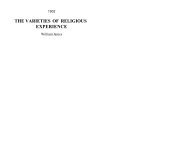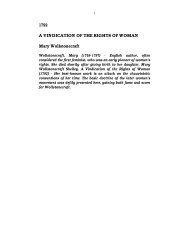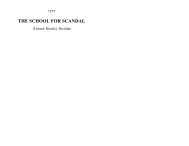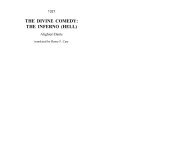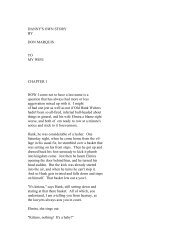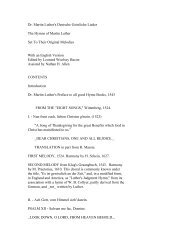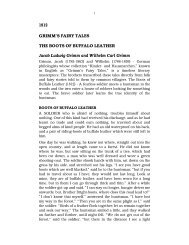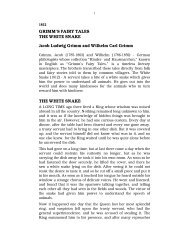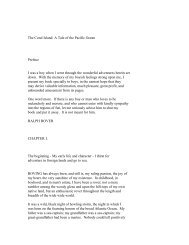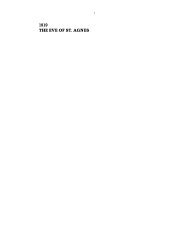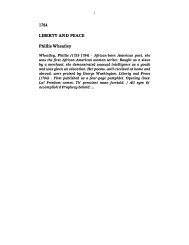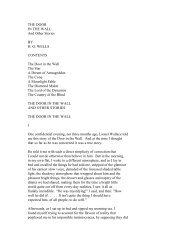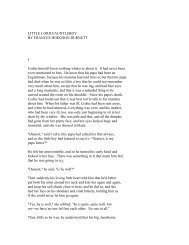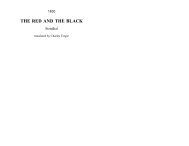1906 white fang jack london - pinkmonke - Pink Monkey
1906 white fang jack london - pinkmonke - Pink Monkey
1906 white fang jack london - pinkmonke - Pink Monkey
You also want an ePaper? Increase the reach of your titles
YUMPU automatically turns print PDFs into web optimized ePapers that Google loves.
59<br />
He began to accompany his mother on the meat-trail, and he saw<br />
much of the killing of meat and began to play his part in it. And in<br />
his own dim way he learned the law of meat. There were two<br />
kinds of life- his own kind and the other kind. His own kind<br />
included his mother and himself. The other kind included all live<br />
things that moved. But the other kind was divided. One portion<br />
was that his own kind killed and ate. This portion was composed<br />
of the non-killers and the small killers. The other portion killed and<br />
ate his own kind, or was killed and eaten by his own kind. And out<br />
of this classification arose the law. The aim of life was meat. Life<br />
itself was meat. Life lived on life. There were the eaters and the<br />
eaten. The law was: EAT OR BE EATEN. He did not formulate the<br />
law in clear, set terms and moralize about it. He did not even think<br />
the law; he merely lived the law without thinking about it at all.<br />
He saw the law operating around him on every side. He had eaten<br />
the ptarmigan chicks. The hawk had eaten the ptarmigan-mother.<br />
The hawk would also have eaten him. Later, when he had grown<br />
more formidable, he wanted to eat the hawk. He had eaten the lynx<br />
kitten. The lynx-mother would have eaten him had she not herself<br />
been killed and eaten. And so it went. The law was being lived<br />
about him by all live things, and he himself was part and parcel of<br />
the law. He was a killer. His only food was meat, live meat, that<br />
ran away swiftly before him, or flew into the air, or climbed trees,<br />
or hid in the ground, or faced him and fought with him, or turned<br />
the tables and ran after him.<br />
Had the cub thought in man-fashion, he might have epitomized life<br />
as a voracious appetite, and the world as a place wherein ranged a<br />
multitude of appetites, pursuing and being pursued, hunting and<br />
being hunted, eating and being eaten, all in blindness and<br />
confusion, with violence and disorder, a chaos of gluttony and<br />
slaughter, ruled over by chance, merciless, planless, endless.<br />
But the cub did not think in man-fashion. He did not look at things<br />
with wide vision. He was single-purposed, and entertained but one<br />
thought or desire at a time. Besides the law of meat, there was a<br />
myriad other and lesser laws for him to learn and obey. The world<br />
was filled with surprise. The stir of the life that was in him, the<br />
play of his muscles, was an unending happiness. To run down<br />
meat was to experience thrills and elations. His rages and battles<br />
were pleasures. Terror itself, and the mystery of the unknown, lent<br />
to his living.<br />
And there were easements and satisfactions. To have a full<br />
stomach, to doze lazily in the sunshine- such things were<br />
remuneration in full for his ardors and toils, while his ardors and<br />
toils were in themselves self-remunerative. They were expressions



